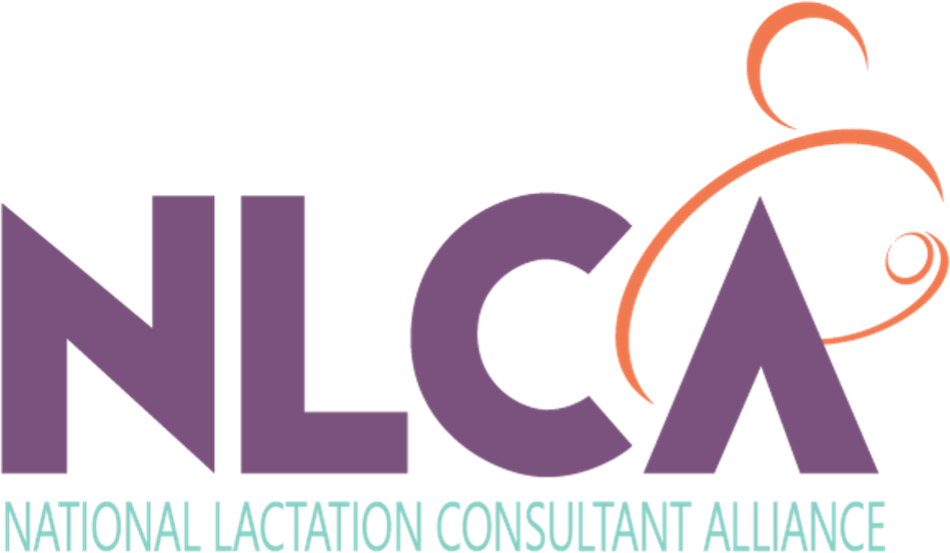The U.S. Congress passes national laws (sometimes called Acts) to address social, health, or economic problems or needs. Laws go through the bill process before becoming established as a law. A bill has to be written, sponsored by a legislator, debated and passed through both the House of Representatives and the Senate after various committee and budget hearings before going to the President to be signed into law.
Laws are then referred to the appropriate government or regulatory agency for enforcement and/or implementation. The governmental agency is allowed to create regulations or policies to implement the intent of laws placed under their purview.


Leave A Comment
You must be logged in to post a comment.